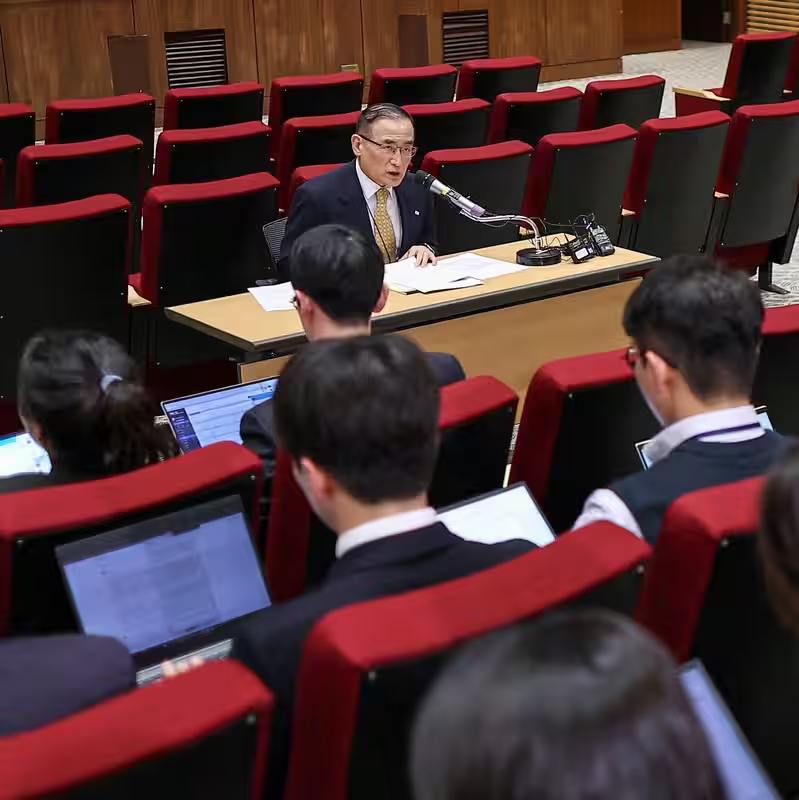Table of Contents
- South Korea’s Emergency Response to Cambodia Scam Crisis
- How the Scam Operations Work
- The Tragic Death of Park Minho
- Global Crackdown Intensifies
- What South Korea Is Doing Now
- Sources
South Korea’s Emergency Response to Cambodia Scam Crisis
In a dramatic escalation of international law enforcement efforts, South Korea has launched a full-scale campaign to dismantle Cambodia-based scam operations after a wave of kidnappings, torture, and the death of a 22-year-old university student shocked the nation.
As of October 15, 2025, 79 South Koreans remain unaccounted for in Cambodia, according to Wi Sung-lac, South Korea’s national security director. The government has now banned its citizens from traveling to high-risk Cambodian provinces and is coordinating with local authorities to extract victims and prosecute traffickers.
“Every minute and every second was a matter of life and death,” said South Korean lawmaker Park Chan-dae during a parliamentary hearing, describing harrowing testimonies from survivors who endured forced labor, sexual assault, and even medical exams allegedly tied to organ trafficking.
How the Scam Operations Work
The Cambodia scam industry thrives on deception. Victims—often young adults—are lured by fake job postings on Telegram and Korean-language job boards promising weekly salaries of 5 million won (roughly $3,500), far above South Korea’s average monthly wage.
Once in Cambodia, they’re stripped of passports, confined in guarded compounds, and forced to run online fraud schemes targeting fellow South Koreans. These include romance scams, cryptocurrency fraud, and fake investment platforms.
“They’re not just stealing money—they’re destroying lives,” said Lee Jeong-sook, president of the Korean Rescue Organization, a nonprofit that has helped repatriate dozens of survivors.
South Korean Victims in Cambodia: By the Numbers
| Category | Figure |
|---|---|
| South Koreans reported missing in Cambodia (2025) | 330 |
| Still missing as of Oct. 15 | 79 |
| Estimated South Koreans in scam compounds | ~1,000 |
| Total people in Cambodia’s scam industry (all nationalities) | ~200,000 |
The Tragic Death of Park Minho
The case that galvanized national outrage involved Park Minho, a 22-year-old university student whose body was found in August inside a Ford pickup truck in Cambodia. Authorities confirmed he died of a heart attack caused by “severe torture” while held in a scam compound.
Five suspects—including three Chinese nationals—have been charged in connection with his death and the operation of the fraud ring. Cambodian officials say they’re working closely with Seoul to track down additional accomplices.
Global Crackdown Intensifies
South Korea’s actions are part of a broader international effort to dismantle Southeast Asia’s booming cybercrime hubs. In February 2025, China led a massive raid on scam centers in Myanmar and Cambodia, freeing hundreds of victims.
Last week, the United States and United Kingdom imposed sanctions on Cambodia’s Prince Group, accusing its chairman, Chen Zhi, of running a global fraud network. U.S. prosecutors also seized $15 billion in cryptocurrency linked to the scheme.
“The China crackdown created a vacuum,” said Jeremy Douglas of the U.N. Office on Drugs and Crime. “Now we’re seeing Korean and Japanese syndicates stepping in—smaller but just as brutal.”
What South Korea Is Doing Now
Beyond travel bans, Seoul is ramping up diplomatic pressure on Phnom Penh and boosting intelligence-sharing with Interpol and ASEAN partners. The Foreign Ministry has also launched public awareness campaigns warning citizens about fake job offers.
“Some went willingly, thinking they’d get rich quick,” Wi admitted. “But no amount of money is worth your life.”
As rescue missions continue, survivors like Kim Ji-hoon, 24, who escaped after three months of captivity, say they hope their stories will stop others from falling into the same trap. “They promised me a future,” he told reporters. “Instead, they gave me hell.”
[INTERNAL_LINK:cambodia-scam-industry] | [INTERNAL_LINK:south-korea-cybercrime] | [INTERNAL_LINK:online-fraud-southeast-asia] | [INTERNAL_LINK:human-trafficking-cambodia]




